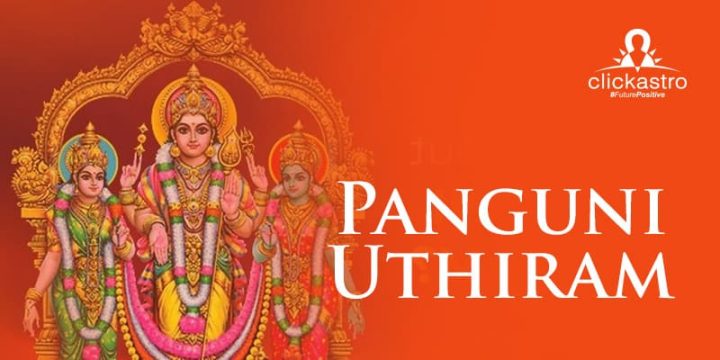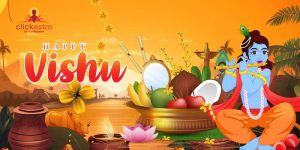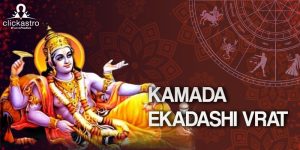Contents[hide]
Introduction
Panguni Uthiram is an important Hindu festival celebrated primarily in South India, especially in Tamil Nadu and Kerala. It falls in the Tamil month of Panguni (March–April) on the day when the Uthiram (Uttara Phalguni) nakshatra (star) is ascendant.Panguni Uthiram in 2025 falls on Friday, April 11.This auspicious day is celebrated when the Uthiram star coincides with the full moon. It commemorates several divine marriages, including those of Lord Shiva and Goddess Parvati, Lord Murugan and Deivanai, Lord Vishnu (as Srinivasa) and Goddess Lakshmi, and Lord Rama and Sita. The day also marks the birth of Lord Ayyappa, son of Shiva and Vishnu (in the Mohini avatar). Devotees observe this day with special rituals and ceremonies, particularly in temples across Tamil Nadu and Kerala.
Important Timings On Panguni Uthiram 2025
- Sunrise – April 11, 2025, 6:13 AM
- Sunset – April 11, 2025, 6:42 PM
- Uthiram/Uttara Phalguni Nakshathram Begins – April 10, 2025, 12:24 PM
- Uthiram/Uttara Phalguni Ends – April 11, 2025, 3:10 PM









